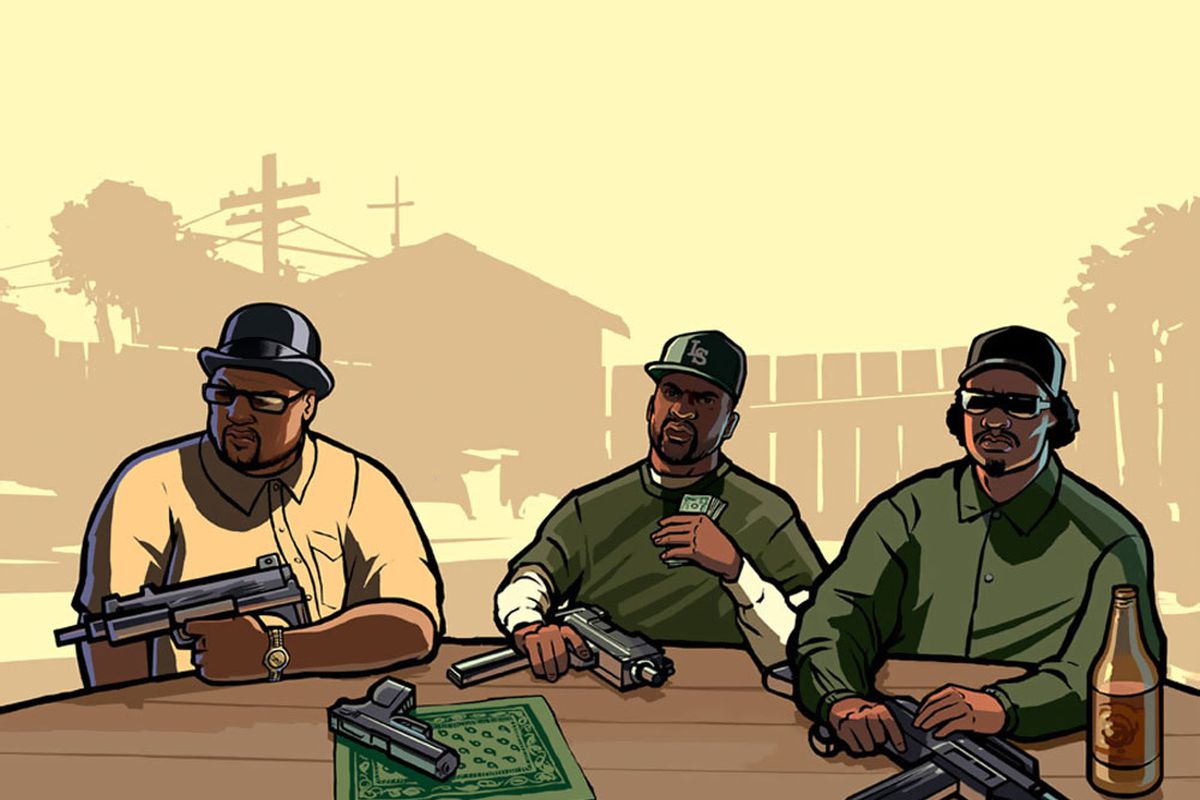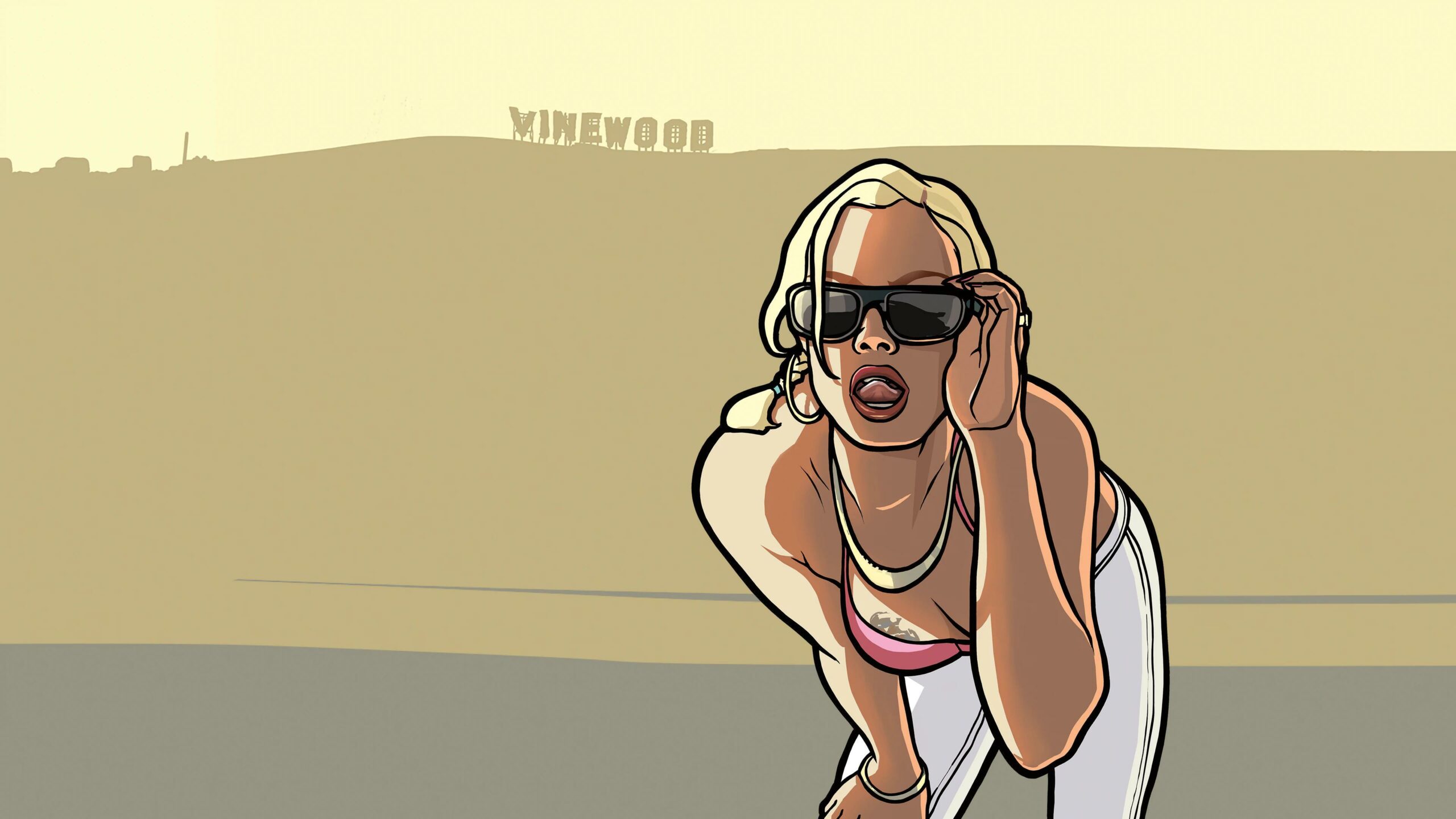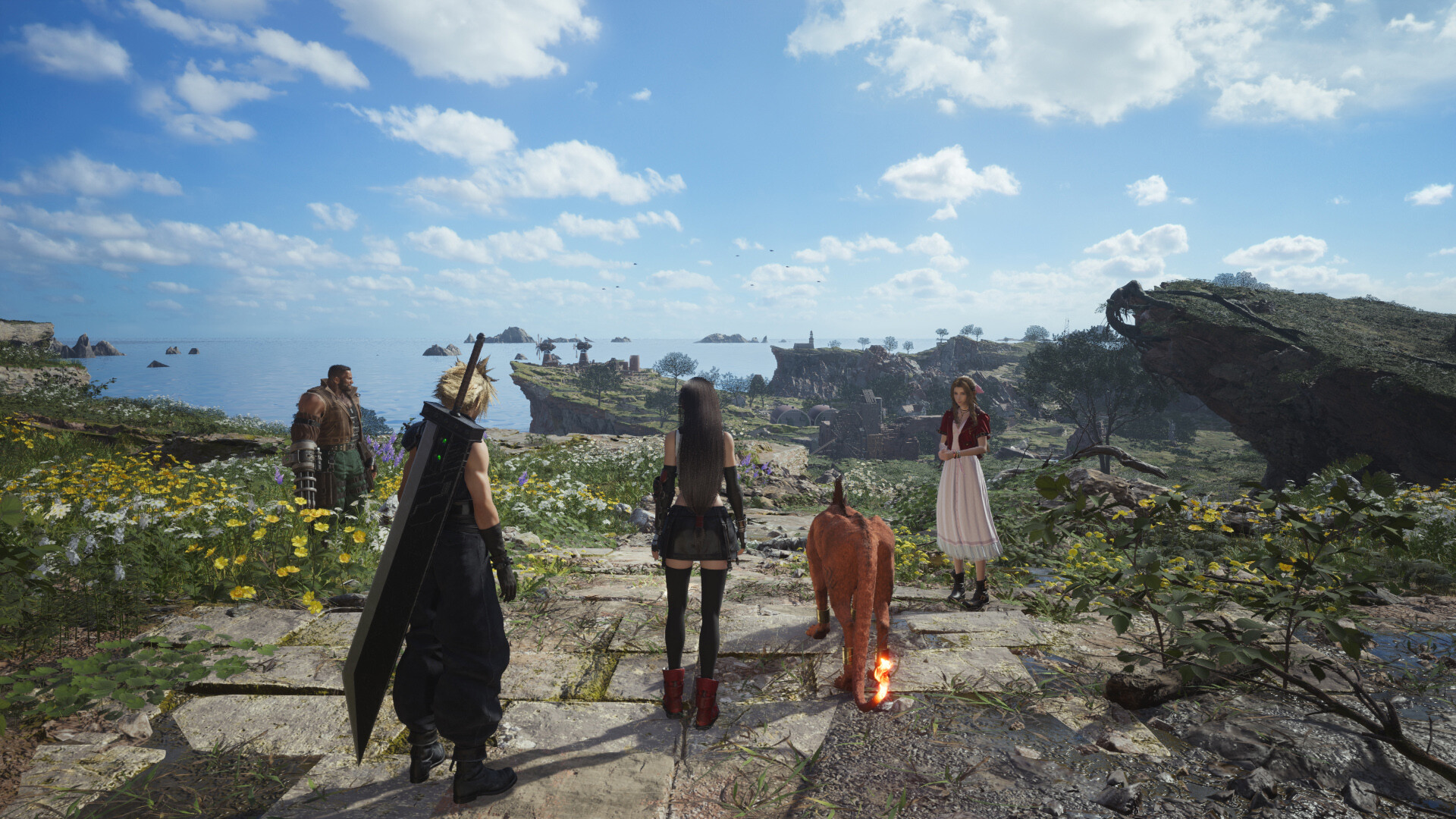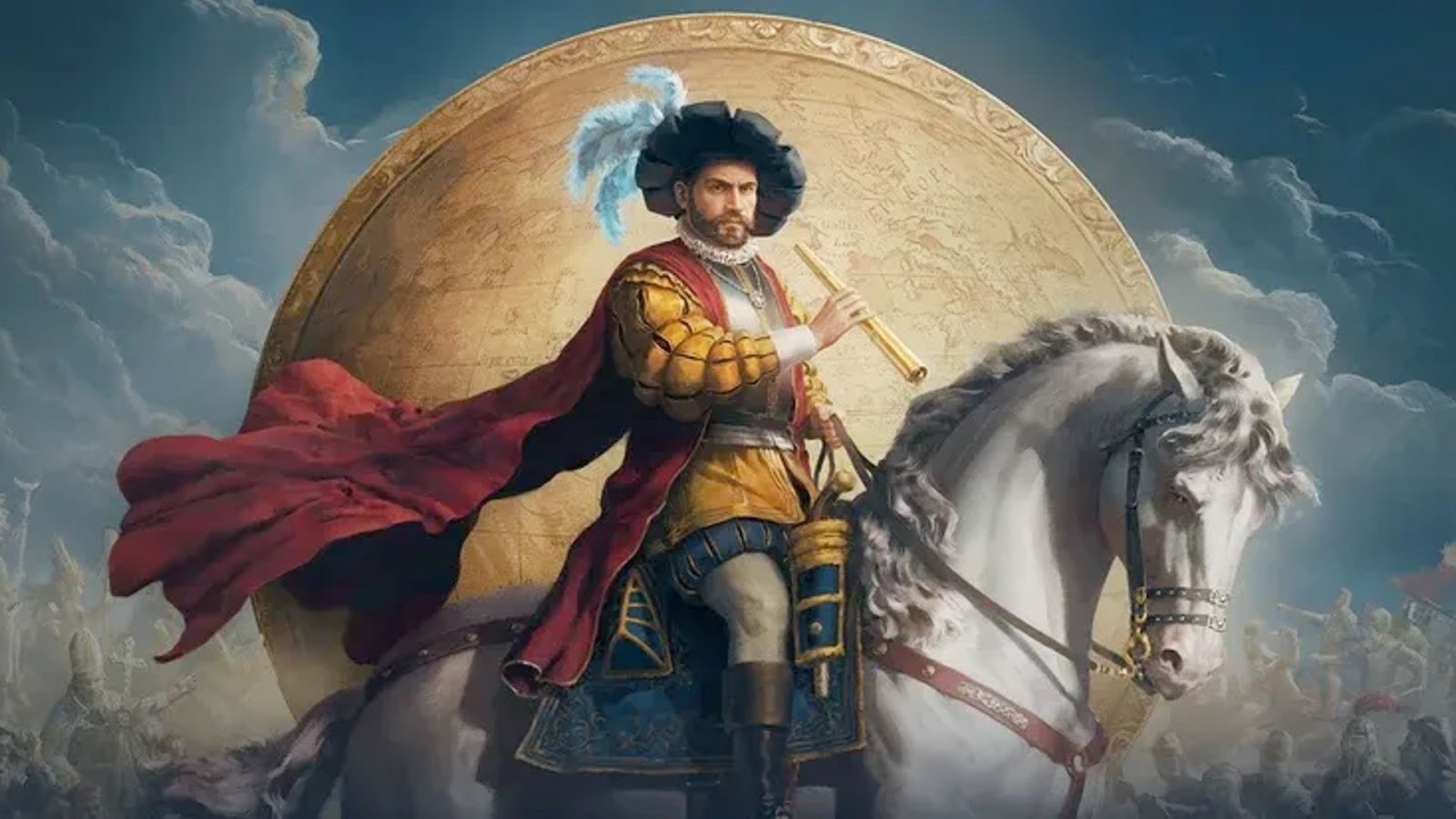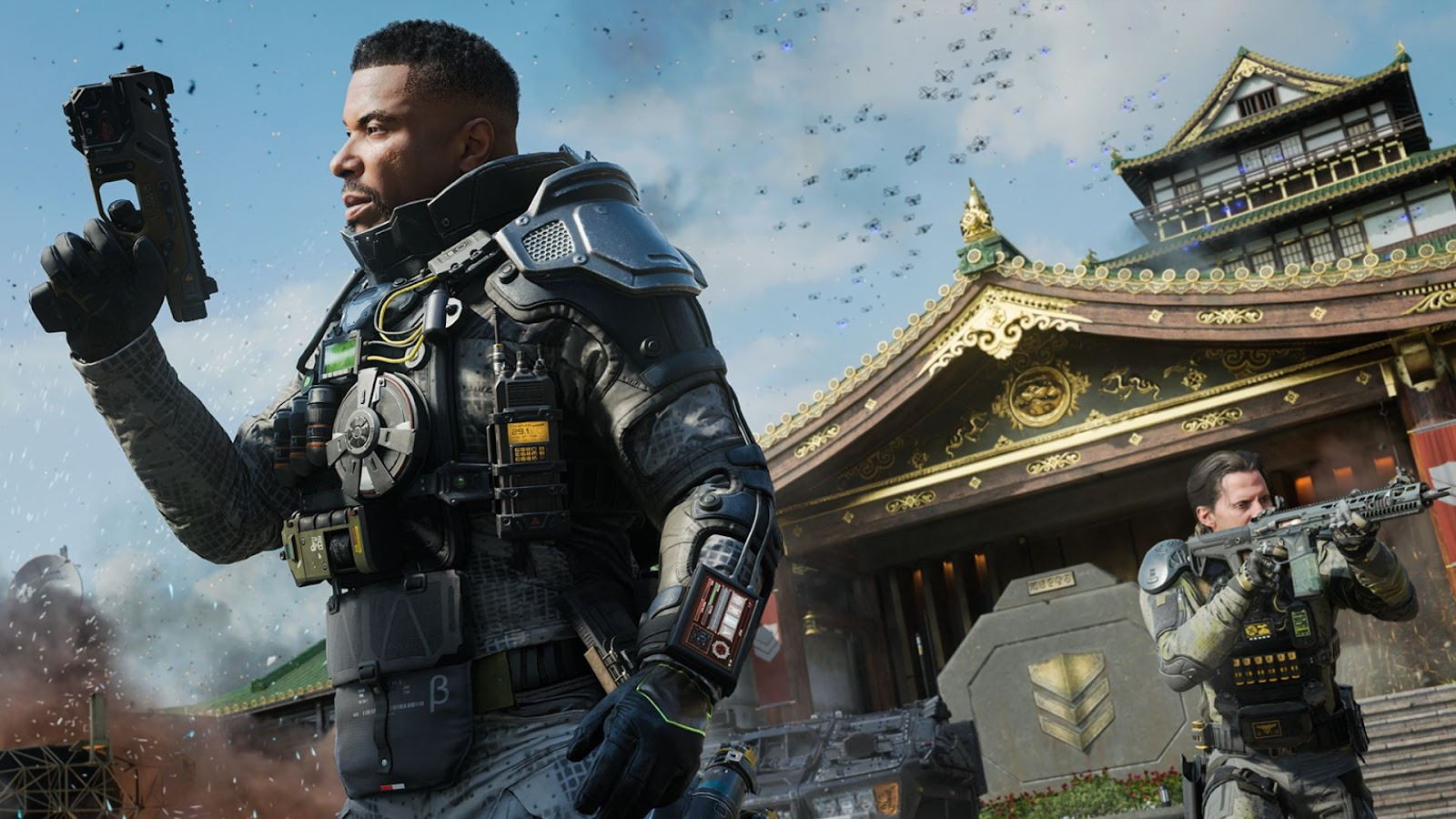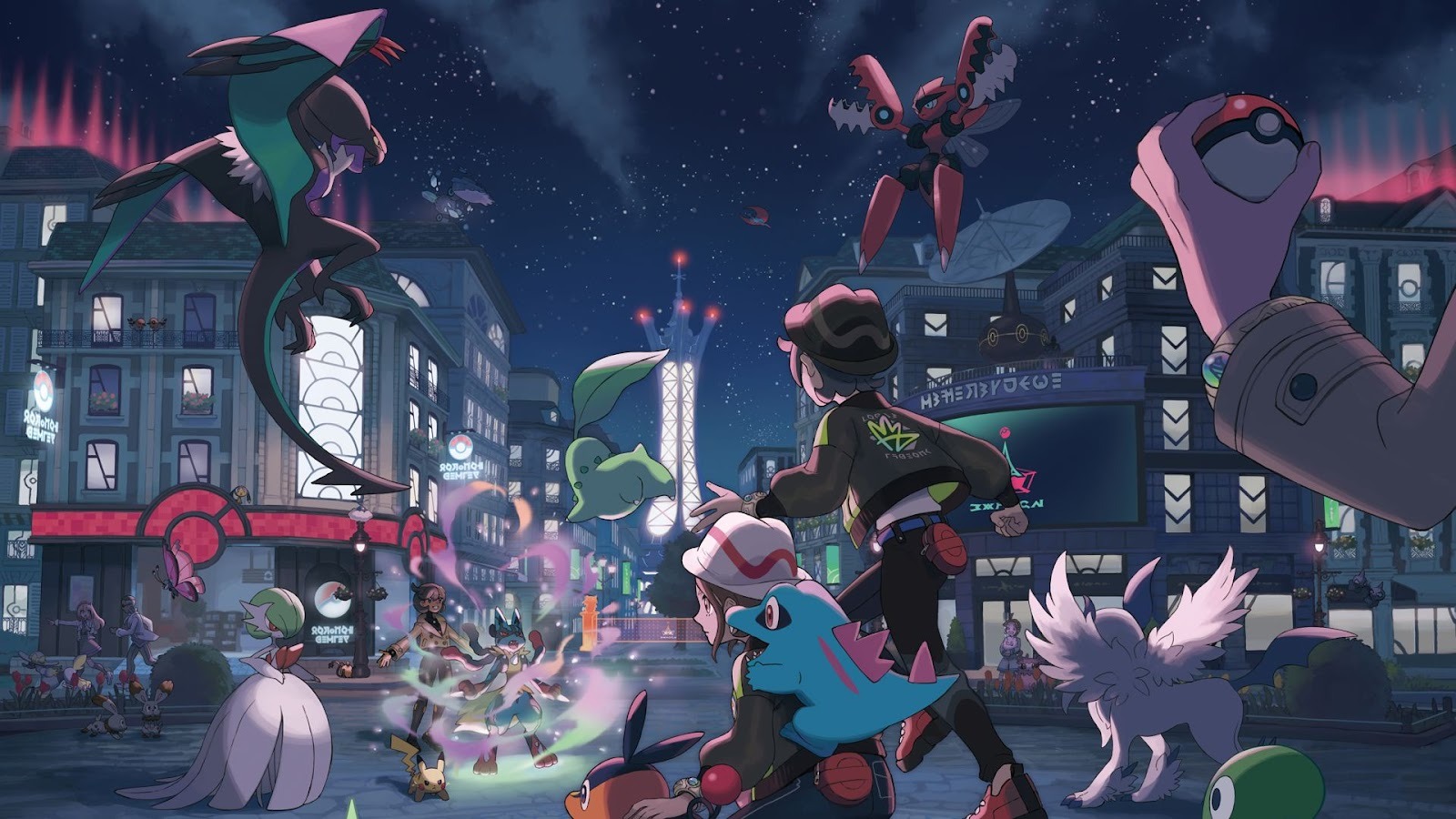You can trust VideoGamer. Our team of gaming experts spend hours testing and reviewing the latest games, to ensure you're reading the most comprehensive guide possible. Rest assured, all imagery and advice is unique and original. Check out how we test and review games here
The city of Los Santos, fifteen years after it appeared in Grand Theft Auto: San Andreas, is a sight for the misty-eyed. But where does the mist come from? Is it a fog of nostalgic tears? Is it the graphics, which, powered by the PlayStation 2, seem to sweat? Or is it rather that the streets are glimpsed behind the glass of a CRT television (as they have been for me these last few weeks)? Perhaps it’s all of the above, plus the way the art direction – done by Aaron Garbut and Alex Horton – favours colour over crisp lines. The ground is a grey blur and the buildings melt into a sky the hue of honey.
It is all very hot, which is fitting for a game set in the permasummer of the West Coast of America, in 1992, and which released, in 2004, amidst a haze of hype and controversy. It would be reasonable to assume that my memory of it would have acquired a similar fuzz. It has not. If anything, the years since the release of San Andreas have cooled and clarified my recollections of it; indeed, it seems more vivid than Grand Theft Auto IV and Grand Theft Auto V. Why on earth should that be the case? One answer is simple: the voices. The game is jammed with A-list Hollywood talent and encrusted with uncredited gems: Geoffrey Cantor, Couzin Ed, Andy Dick, Patton Oswalt, Fred Melamed, Marge Redmond, Joe Lo Truglio, Jackie Hoffman, Wil Wheaton, Kenneth Choi, Ken Foree. All provided the voices of pedestrians or wafted on the radio waves.
Add to that the main cast: the likes of Samuel L. Jackson, James Woods, Chris Penn, Frank Vincent, Debi Mazar, William Fichtner, and Peter Fonda. Or, to be exact: Jules Winnfield from Pulp Fiction, Lester Diamond from Casino, Nice Guy Eddie from Reservoir Dogs, Billy Batts and Sandy from Goodfellas, Roger Van Zant from Heat, and Wyatt from Easy Rider. Aside from the prestige of pulling in actors that usually throng the silver screen, maybe even more priceless is the notion of populating a game with a gang of ready-famed crooks. If there is a single theme that permeates the bulk of Rockstar’s back catalogue, it’s America; in particular, the way that crime rolls through the country and its history like a river of rusty water. San Andreas grasps at its subject by filtering it through the founding myths of the movies, just as an adolescent plasters their walls with posters.
Precisely the sort of adolescent, in fact, described in the book Jacked: The Outlaw Story of Grand Theft Auto, written by David Kushner, which details the history of the franchise. Kushner describes the salad days of Rockstar Games’ president and co-founder, Sam Houser, during a time in which he ‘wore his hair long’ and ‘let his shoes scuff’: ‘He’d trudge down to the local library, checking out videotapes of crime films: The Getaway, The French Connection, The Wild Bunch, The Warriors.’ San Andreas marks the last occasion on which Rockstar furnished a game with a full-powered celebrity voice cast; the latter Grand Theft Auto games and both Red Dead Redemption and its prequel, Red Dead Redemption II, opt for relative unknowns. It’s as though the studio decided, in paring back the splashy casts, to manufacture its own myths.
Could it be that the reason San Andreas burns more brightly in my mind is that Rockstar has been less successful in the forging of its own legends than in the glittering, interactive realisation of those that already linger in our collective moviegoing subconscious? As Aaron Garbut puts it, in Kushner’s account of the development of Grand Theft Auto: Vice City, ‘The goal is to make the player feel like he’s starring in his own f***ed-up Scorsese cartoon.’ And yet, strange to tell, the joy of playing San Andreas – now as it was fifteen years ago – is borne of something more innocent, less f***ed-up. Of the game’s brightest stars, the only actor who doesn’t fully fit the criminal profile is Peter Fonda, another man who wore his hair long and let his shoes scuff, who plays a dope-fogged hippie called The Truth. Fonda was more of an outlaw than a hoodlum, and his famous line, spoken in The Wild Angels, sums up the simple appeal of the series perfectly: ‘We wanna be free to do what we wanna do. We wanna be free to ride.’
On the whole, it’s a sentiment with which I won’t quibble, having enjoyed scores of open-world games that would be neither as open nor as worldly were it not for San Andreas. But there are a couple of caveats. I happen to have started The Legend of Zelda: Breath of the Wild this month (I’m firmly of the belief that the new should be taken with a good helping of the old), and I found myself greeted by the game’s sense of freedom as one would embrace an abyss. It was so abruptly and brilliantly massive it was too much to take, and I found myself clamming up and clicking the Switch to sleep. Thank God I had the opening of San Andreas to retreat to, which sees its hero, CJ, landing in Los Santos after a stint on the East Coast. I always thought it too slow back then – clotted by Rockstar’s confidence. Now I appreciate the groundwork.
The leisurely pace, the liberal peppering of cutscenes, and the low-rent flavour of the early missions, which drum the local geography into your brain: there is a dated sense of slow ritual to San Andreas. It isn’t so much a willingness to make pricey demands of our patience (which, on the evidence of the opening hours of Red Dead Redemption II, Rockstar is still plainly empowered to do) but more of an understanding that an appetite for freedom and excitement is all the more potent for being reared in restraint and revved up by the low-key. Hence the early missions, which have you riding bikes, spraying graffiti, and ferrying your friends around town – to fast food drive-throughs and into back-alleys to buy guns. It’s this, over a decade on, that I blame for my love of open-world languor: my attachment to the early game that has me hanging back before the half-way point.
And there is still no other game I would rather play when it comes to the art of hanging back, even if it means lugging an archaic lump of plastic and glass onto my coffee table. There is nothing in Grand Theft Auto: San Andreas that is anywhere near as damned by the roaring torrent of time as the term ‘portable television’, which has acquired an irony almost as acute as the back pain that awaits those who would attempt to honour such a descriptor. Nonetheless, I would recommend using one, if you can; for one thing, it means playing the game as it was meant to be played, rather than a remaster, which, to my eyes, seems to scour the game’s surfaces, thinning the paint, so to speak. For another, it means you will be playing the game on either a PlayStation 2 or an Xbox.
I say this not because I remain helplessly in thrall to hardware of a certain vintage but because it certifies a full soundtrack. The greatest damage done to San Andreas, as the years have fallen away, is the expiration of a number of its music licences. I Don’t Give A F***, by 2Pac; Hood Took Me Under, by Compton’s Most Wanted; Express Yourself, by NWA; Running Away, by Roy Ayers; You Dropped A Bomb On Me, by The Gap Band; Running Down A Dream, by Tom Petty; Woman To Woman, by Joe Cocker; Funky President, by James Brown; Hellraiser, by Ozzy Osbourne; Killing In The Name, by Rage Against the Machine; and several more have been cut from later digital copies of the game. The thought of playing the PlayStation 4 version bears the weight of heresy.
That may sound melodramatic – and playing it in any form is a pleasure I wholly endorse – but San Andreas has become a sort of record, and any chips and scratches in its legacy are a matter of grievous alarm. Aside from a welcome dose of delirium, my time in Los Santos has been salted with sadness. I hadn’t realised that it had enshrined a number of souls no longer with us: Chris Penn died in 2006, Frank Vincent in 2017, and Peter Fonda just this year, in August. They live on in their films, but I urge you to spend some time in their company, along with a chorus of other voices and songs, in a game that makes you feel like you’re gazing through a greasy window into the past, and hearing, despite the autumn chill outside, the frozen sounds of a distant summer.
Grand Theft Auto: San Andreas
- Platform(s): Android, iOS, macOS, PC, PlayStation 2, PlayStation 3, PlayStation 4, Xbox, Xbox 360, Xbox One
- Genre(s): Action, Adventure
